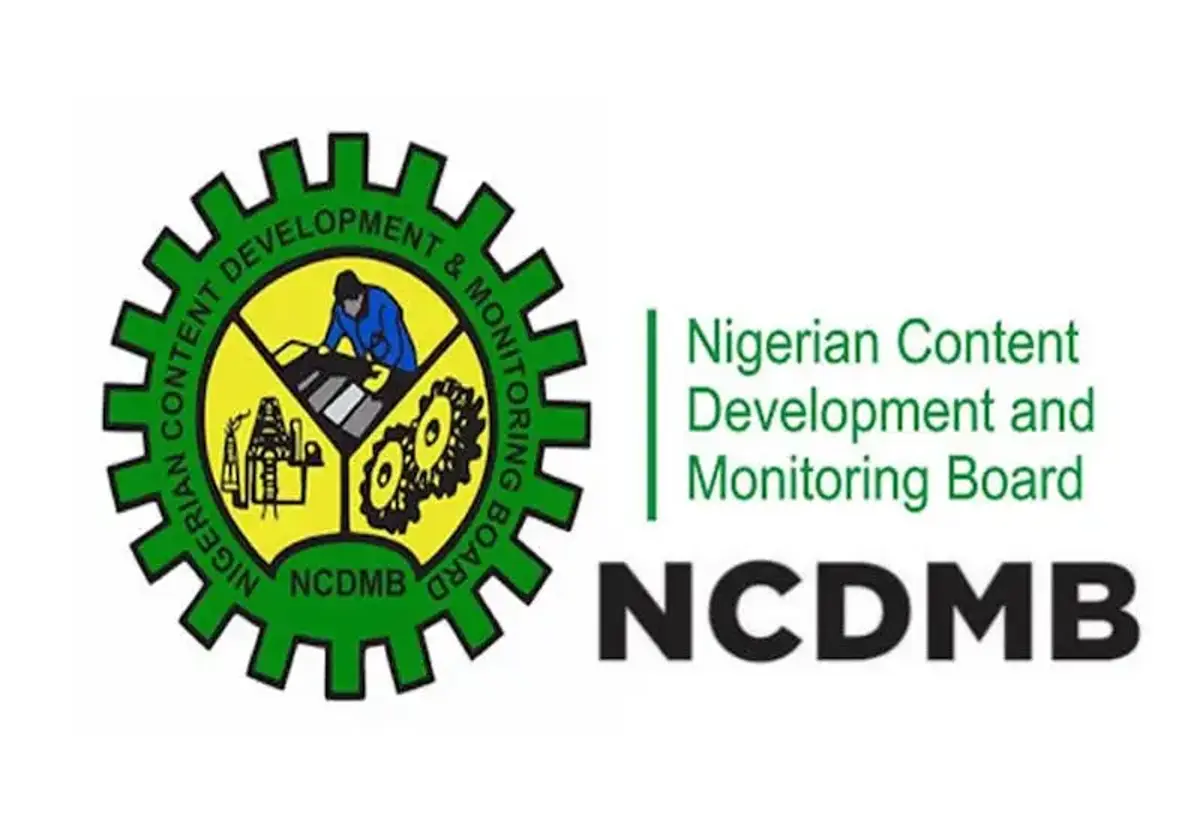By Bassey Udo
The Nigerian Content Development and Monitoring Board (NCDMB) has successfully exploited the provisions of its enabling law to promote the development and investment in at least 15 critical gas projects in the country’s oil and gas industry over the last ten years.
The General Manager, Corporate Communications and Zonal Coordination, NCDMB, Ginah Ginah, who disclosed this in Abuja at a Nigerian content capacity-building workshop for the media, emphasised the importance of partnerships and collaborations in developing local content in the oil and gas industry.
The theme of the workshop was “Enhancing Media Competencies to Support Nigerian Content in a Gas Economy’’.
To underscore the importance of partnerships in the development of the industry, Ginah said the Board exploited the provisions of Section 70(h) of the NOGICD Act to partner with 15 firms and investors to develop critical gas projects in the oil and gas sector of the economy.
The provision of the Act empowers the NCDMB to “assist local contractors and Nigerian companies to develop their capacities for the attainment of developing Nigerian content in the industry.”
Ginah said 70 percent of the investments were on midstream and downstream gas-based projects, covering modular refining, gas processing, gas distribution, power generation, manufacturing and others.
Some of the gas-based initiatives, Ginah said, included 1.2 million standard cubic feet per annum Liquefied Petroleum Gas (LPG) composite cylinders plants in Bayelsa and Lagos states by Rungas Limited; the 80 million standard cubic feet per day (SCFPD) gas processing plant, and a 300 million SCFPD gas gathering hub by NEDO Gas Processing Company in Kwale, Delta State, and an Energy Park at Egbokor, Edo State, by Duport Midstream, which includes a 40 million SCFPD gas processing plant, 2,500 barrels per day modular refinery and 20 megawatts power plants.
The other initiatives the Brass Fertiliser plant by the NNPC Limites to establish 10,000 tonnes per day methanol production plant at Odioama, Brass, Bayelsa State, and a 5,000 MT per day LPG storage and loading terminal facility in Koko, Delta State, in. partnership with Triansel Gas Limited.
Similar, partnerships by the Board, Ginah said, led to the establishment of the LPG Bottling Plants and Depots in Abuja and 10 northern states by Butane Energy Limited. The facility would include investment with the MOB Integrated Services on a 500 MT Inland LPG terminal construction in Dikko, Niger State.
The project, he said, would include the construction of a cylinder refurbishment plant, procurement of 80,000 bottles of LPG cylinders and acquisition of distribution assets.
Another partnership initiative by the Board, Ginah said, involves working with Southfield Petroleum to establish the 200 million SCF gas processing plant at Utorogu, Delta State, to produce 123,000 metric tons per annum MTPA) of liquefied Petroleum Gas (LPG), about 10 percent of current LPG demand nationwide.
The board was collaborating with Amal Technologies to set up a plant in Abuja to produce smart gas/smoke detector alarm devices.
These initiatives, Ginah said, aligned with President Muhammadu Buhari declaration of the years, 2021-2030 as Nigeria’s Decade of Gas, dedicated to the full exploitation of the nation’s abundant gas resources to accelerate the development of the economy.
“This declaration aligns fully with the rising global demand for cleaner energy sources and the demand for the reduction of global carbon emissions through the reduction in the utilisation of fossil fuels.
“The Federal Government’s strategy is to use gas as Nigeria’s transition fuel. The Ministry of Petroleum Resources has backed this position with bold policies such as the National Gas Expansion Programme, Gas Network Code and Flares Commercialisation programme.
“As a responsive agency, the NCDMB has also taken deliberate steps to actualise the Federal Government’s declarations in gas and other aspects of the oil and gas value chain.
“Above all, the investments by the NCDMB are helping to create employment opportunities for Nigerian youths, catalyse the local economy and achieve the Nigerian Content 10-year Strategic Roadmap,’’ he said.
In a related development, the NCDMB said the quest to attract sustainable funding for innovation and entrepreneurship to create value in the industry would demand strong partnerships with the NCDMB to promote research and development in the country.
The General Manager, Research, Statistics and Development Division of the Board, Abdulmalik Halilu, made the call in his presentation at the workshop.
Halilu said as the Federal Government agency solely responsible for driving Nigerian Content development in the oil and gas industry, the NCDMB has ensures ensureds 10-year R&D roadmap was anchored on eight success pillars for systematic development.
This, he said, underscored the need for competitive and well-structured research and development systems to guide its operations.
The R&D roadmap, he pointed out, was aimed at developing and maintaining healthy pipelines of competent researchers and translating research results into products and services that would be deployed for industry application.
He said NCDMB’s goal was to have an effect on an inclusive, transparent, solution and demand-driven R&D governance structure to drive its operational delivery.
As a global business that does not compromise standards, Halilu said the oil sector needed to ensure optimal capacity and utilisation of specified schedules to achieve local content standards.
The essence of making provision for R&D in the NOGCD Act was to ensure the development of the industry was driven by research.
He underscored social media’s relevance in identifying professionals, sources of data, literature review, data collection, pitching, product validation, and dissemination of research findings.
“There is a need for research and documentation dialogue providing a networking platform for project promoters, researchers, and regulators to dialogue on imperatives of enabling R&D ecosystem to National development.
On information sharing, he encouraged the use of various media platforms to share information on research breakthroughs with high prospects of commercialisation.
He identified five R&D excellence of centres sponsored by the board located to include Federal University of Technology, Minna, Federal University of Technology, Akure, Niger Delta University, Bayelsa, Federal University of Technology, Owerri and Modibbo Adamawa University of Technology, Yola.




